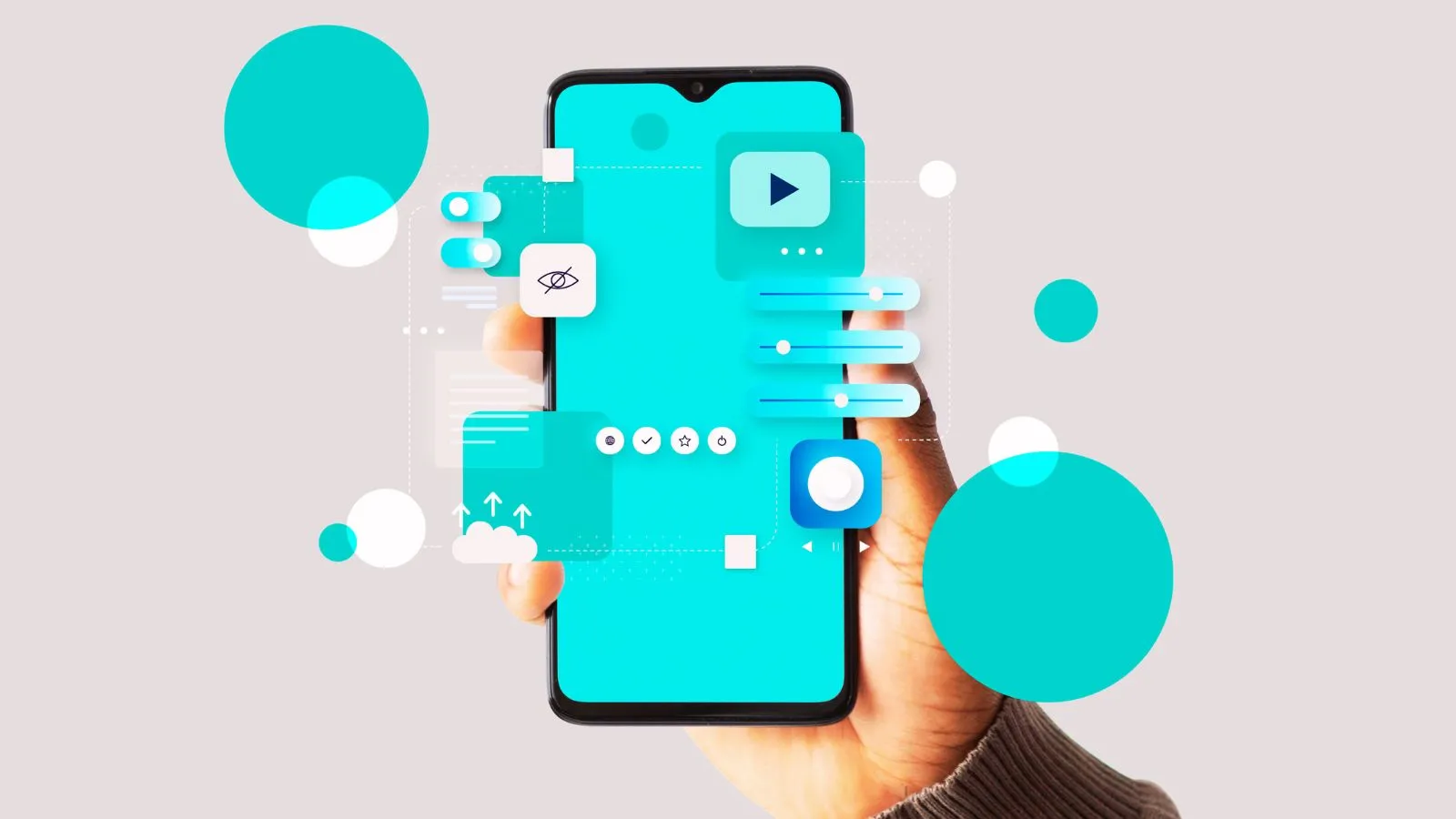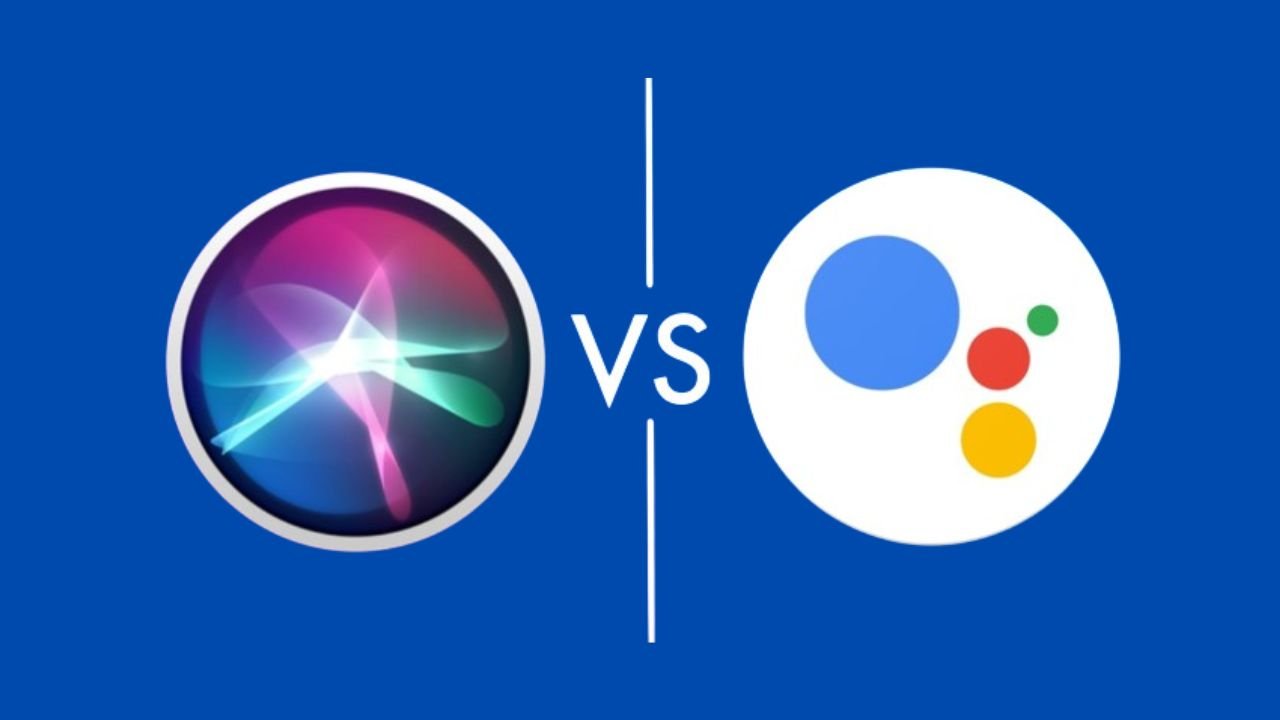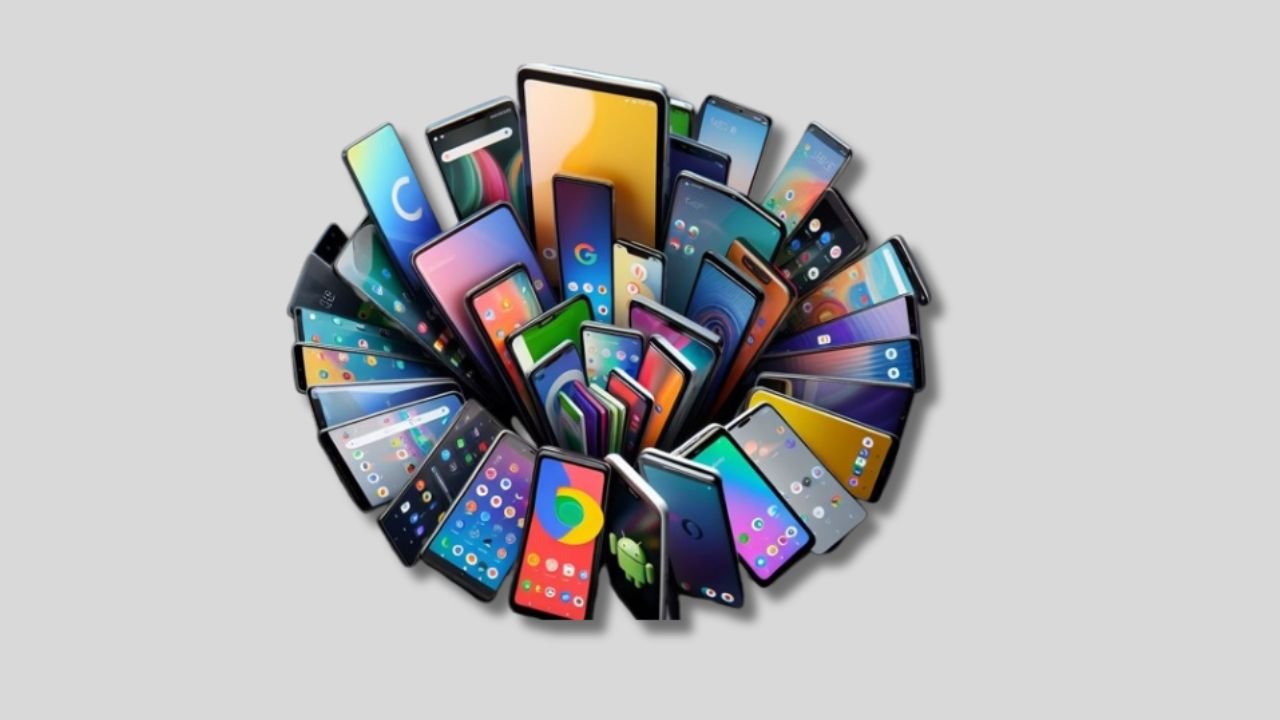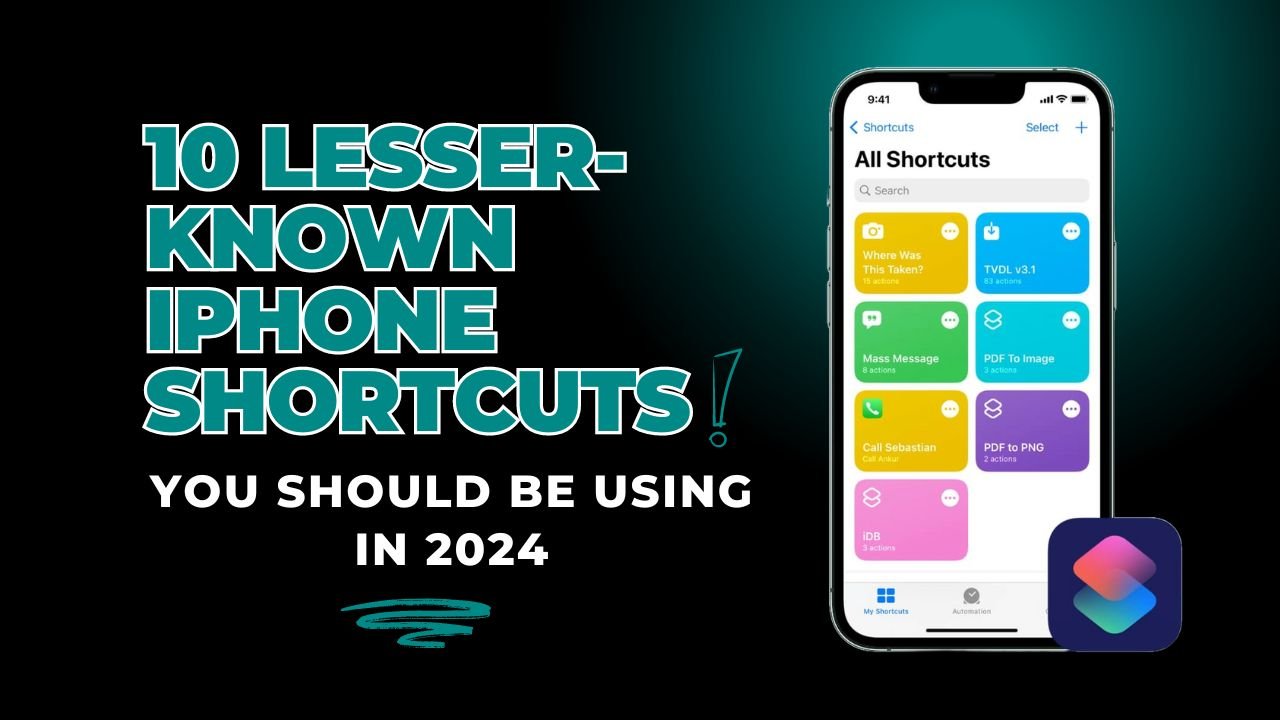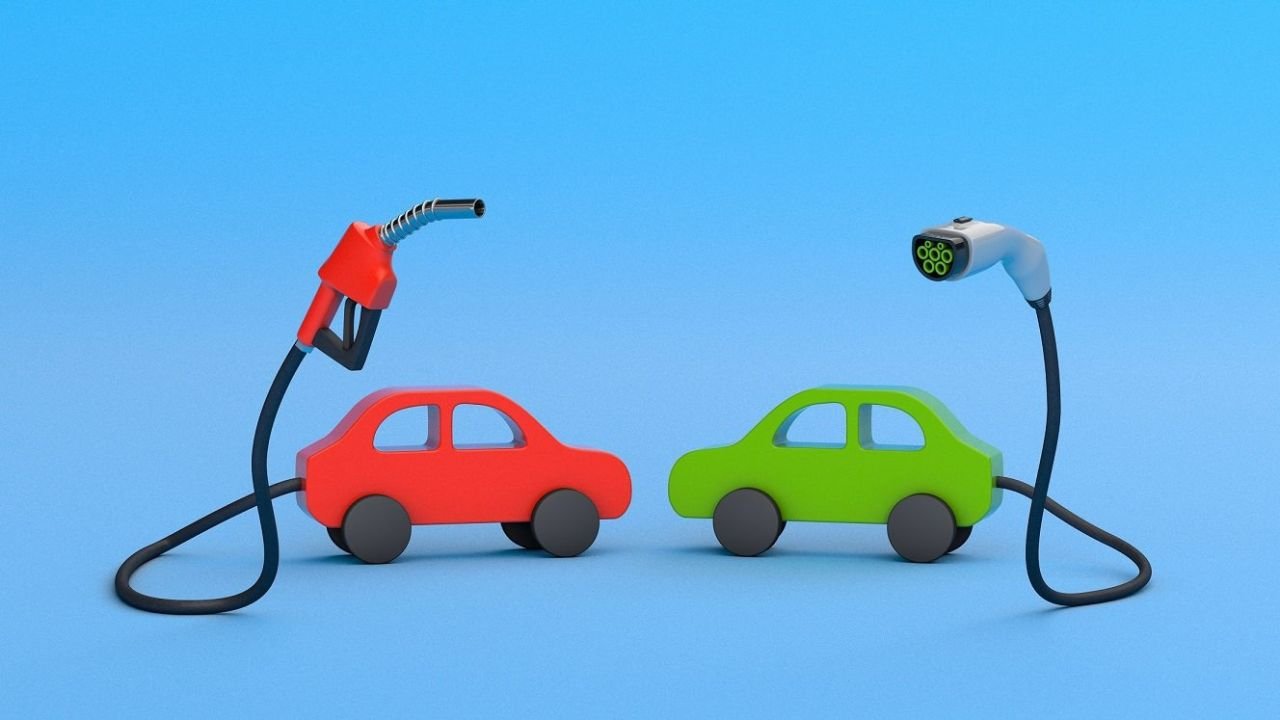In a world where smartphones have become an extension of ourselves, the role of artificial intelligence (AI) in these devices has dramatically transformed our daily interactions. From voice-activated assistants that anticipate our needs to cameras that recognize and enhance every smile, the evolution of smartphone AI is nothing short of revolutionary. Over the years, AI has grown from mere novelty features to integral components that redefine user experience and functionality. Whether you’re a tech enthusiast or a casual user, understanding this evolution offers a glimpse into the future of technology and its impact on our lives. Let’s explore how AI in smartphones has evolved and what it means for the industry and its users.
The Early Days of Smartphone AI
The integration of artificial intelligence (AI) into smartphones marked a significant shift in how we interact with our devices. From the introduction of voice recognition to the enhancement of camera capabilities, AI has revolutionized the way we perceive and use smartphones.
Voice Recognition:
Back in the early days of smartphone AI, the introduction of voice assistants like Siri and Google Now revolutionized user interaction. Suddenly, users could simply speak to their phones to set reminders, send messages, or inquire about the weather. This breakthrough in technology not only simplified tasks but also made smartphones more accessible and user-friendly. Imagine having a personal assistant at your beck and call, ready to help navigate your daily tasks with just a voice command.
Camera Enhancements:
AI wasn’t limited to just voice recognition; it also played a crucial role in improving camera functionality. Through AI-powered features, smartphones were able to automatically adjust settings, recognize scenes, and enhance image quality. This meant that even novice photographers could capture professional-quality photos with a simple click. The ability of AI to analyze and optimize images in real-time transformed smartphones into powerful tools for capturing memories and moments in stunning detail.
In the early stages of smartphone AI, these advancements laid the foundation for the transformative role AI would play in shaping the future of mobile technology. The marriage of AI and smartphones opened up a world of possibilities, setting the stage for even more innovative applications and features to come.
Advancements in AI Technology
In the ever-evolving landscape of smartphone technology, advancements in Artificial Intelligence (AI) have propelled the capabilities of these devices to new heights. From sophisticated machine learning algorithms to groundbreaking natural language processing (NLP) applications, AI has significantly shaped the way smartphones function.
Machine Learning Algorithms
One of the pivotal advancements driving AI technology in smartphones is the development of highly sophisticated machine learning algorithms. These algorithms learn from user interactions and data patterns to personalize experiences and streamline processes.
Consider the ways machine learning is applied in your daily smartphone use:
- Predictive Text Input: Ever noticed how your phone can almost finish your sentences? That’s machine learning at work, predicting what you’ll type next based on your typing history.
- Personalized Recommendations: Whether it’s a playlist on your music app or a new show suggestion, these recommendations stem from algorithms analyzing your preferences and habits.
- Smart Notifications: Important updates get pushed to the forefront, while less relevant ones are minimized, ensuring that you get the information you need right when you need it.
These features enhance user productivity and overall satisfaction by learning and adapting to individual preferences.
Natural Language Processing
Advancements in Natural Language Processing (NLP) have played a crucial role in improving virtual assistant functionality and communication apps on smartphones. NLP enables virtual assistants to understand and respond to user queries more accurately, making interactions feel more natural and intuitive.
- Virtual Assistants: Voice assistants like Siri, Google Assistant, and Alexa have become more conversational and capable, understanding context and nuances better than ever.
- Communication Apps: Messaging apps now come equipped with smart replies and auto-correct features that understand the context of conversations, making communication smoother.
Imagine asking your virtual assistant to “set a reminder for the dentist at 3 PM next Thursday,” and it not only understands the time and date but also knows you’re referring to your dental appointment without requiring explicit details every time. NLP is making these smart interactions a norm.
Edge Computing
The integration of Edge Computing has emerged as a vital element in enhancing AI performance on smartphones. By processing data closer to the source on the device itself rather than relying solely on cloud servers, edge computing reduces latency and enhances the speed and efficiency of AI applications.
- Real-Time Processing: Tasks such as image recognition, language translation, and voice assistance can be performed locally on the device without needing constant internet connectivity.
- Enhanced Privacy: With data processed on the device, there’s less need to send sensitive information to the cloud, thereby improving privacy and security.
This evolution paves the way for real-time AI functionalities on smartphones, providing users with immediate responses and uninterrupted service even when offline. The ability to run powerful AI tasks locally without compromising performance is a game-changer for smartphone technology.
As AI continues to advance, the fusion of machine learning algorithms, NLP advancements, and edge computing capabilities promises a future where devices offer unparalleled intelligence and seamless user experiences. This convergence of technologies is setting the stage for a new era of innovation in the smartphone industry.
Current AI Capabilities in Smartphones
As we dive into the realm of modern smartphone technology, the current landscape is teeming with cutting-edge Artificial Intelligence (AI) capabilities that are reshaping the way we interact with our devices. From intelligent photography to seamless personal assistants and health monitoring applications, AI has embedded itself deeply into the core functionalities of smartphones, elevating user experiences to unprecedented levels.
Intelligent Photography
Imagine having a camera that not only captures moments but enhances them with precision and artistry. AI-driven photography features in modern smartphones go beyond mere image capturing; they delve into the nuances of composition, lighting, and subject recognition to deliver stunning results. By employing AI algorithms for scene detection, portrait modes, and post-processing enhancements, smartphones can effortlessly transform amateur snapshots into professional-grade masterpieces. Whether it’s adjusting exposure levels, refining colors, or creating striking bokeh effects, AI empowers users to unleash their inner photographer with every click.
Personal Assistants
In today’s fast-paced world, personal assistants have evolved from basic task managers to intuitive companions that anticipate our needs and simplify our daily routines. With giants like Google Assistant, Siri, and Alexa leading the charge, AI-infused personal assistants offer a myriad of capabilities, from setting reminders and sending messages to answering queries and controlling smart home devices. Through sophisticated natural language processing and machine learning algorithms, these assistants understand context, learn user preferences, and adapt to individual nuances, creating seamless interactions that feel more human than ever before.
Health and Fitness Tracking
The convergence of AI and health monitoring apps has revolutionized how we approach wellness and fitness goals through our smartphones. By employing AI algorithms to analyze biometric data, track physical activities, and provide personalized insights, these apps empower users to take charge of their health proactively. From monitoring heart rates and sleep patterns to offering workout recommendations and nutritional guidance, AI-driven health and fitness tracking transforms smartphones into comprehensive health companions that inspire healthier lifestyles and foster well-being.
Battery Management
One of the perennial challenges faced by smartphone users is optimizing battery usage without compromising device performance. AI comes to the rescue with intelligent battery management solutions that prioritize efficiency and longevity. By analyzing usage patterns, app behaviors, and power consumption metrics, AI algorithms can dynamically adjust settings, limit background processes, and optimize power usage to extend battery life and enhance device endurance. Through smart power-saving modes and adaptive energy management strategies, smartphones equipped with AI technology ensure that users stay connected and productive throughout the day without worrying about running out of power.
Challenges and Ethical Considerations
In the fast-paced landscape of smartphone AI integration, several challenges and ethical considerations have emerged, prompting a closer examination of the implications and consequences of this technological evolution.
Privacy Issues
The proliferation of AI in smartphones has raised significant privacy concerns regarding the collection and processing of user data. As smartphones become more adept at personalizing experiences and anticipating user needs, the amount of sensitive information gathered also increases.
Think about all the data your phone collects daily:
- Location data: Every place you visit is tracked.
- Browsing history: Every website you visit is logged.
- Personal conversations: Voice assistants may continuously listen.
The dilemma lies in balancing the benefits of tailored services with the protection of personal privacy. How can we ensure that AI algorithms respect user privacy and uphold data security amidst the constant influx of personal information? The quest for privacy safeguards in AI-driven smartphones remains an ongoing challenge that demands innovative solutions to safeguard user data while enabling personalized experiences.
Bias in AI Algorithms
Another pressing issue in the realm of smartphone AI is the potential for bias in algorithms and its far-reaching implications. AI systems learn from massive datasets, and if these datasets contain inherent biases, the algorithms themselves can perpetuate and amplify such biases.
This raises concerns about fairness, transparency, and accountability in decision-making processes governed by AI. For instance:
- Facial recognition: If trained improperly, it might work better for certain races over others.
- Voice assistants: Accents and dialects might not be recognized equally well.
How do we mitigate bias in AI algorithms to ensure equitable outcomes and prevent discrimination based on race, gender, or other demographics? Addressing bias in AI is paramount to fostering inclusivity and equity in the digital landscape while upholding ethical standards and social responsibility.
Security Concerns
The integration of AI functionalities in smartphones also brings to light security vulnerabilities that can compromise user data and device integrity. With AI-powered features handling sensitive tasks such as facial recognition, voice authentication, and personalization, the risk of cybersecurity threats escalates.
Malicious actors may exploit AI systems to infiltrate smartphones, access confidential information, or manipulate user interactions. Consider these potential threats:
- AI manipulation: Fake commands or data could trick the system.
- Security breaches: Sensitive information might be intercepted.
How can smartphone manufacturers fortify AI-driven functionalities against cyber threats and ensure robust security measures to safeguard user privacy and data integrity? Strengthening security protocols and implementing encryption mechanisms are imperative steps in addressing the evolving landscape of cyber risks in AI-enabled smartphones.
Navigating the intricate landscape of privacy, bias, and security in AI-driven smartphones necessitates a comprehensive approach that prioritizes user well-being, data protection, and ethical standards. By confronting these challenges head-on and devising ethical frameworks that govern the ethical development and deployment of AI technologies, the industry can foster a more inclusive, secure, and transparent ecosystem that empowers users while upholding fundamental rights and values.
The Future of AI in Smartphones
As we look ahead, the future of AI in smartphones is brimming with endless possibilities and groundbreaking transformations. These advancements promise to make our devices smarter, more intuitive, and deeply integrated into our daily lives. Let’s delve into some of the key areas where AI is set to make a significant impact.
Enhanced Personalization
Imagine a world where your smartphone understands you so well that it feels like an extension of yourself. Future AI advancements will enable unprecedented levels of personalization, creating unique and customized experiences based on individual behavior and preferences.
- Behavior-Based Insights: AI will analyze your daily habits to predict your needs. If you always check the weather in the morning, your phone will proactively offer you weather updates as you wake up.
- Emotional Intelligence: Future AI could assess your mood by analyzing your text patterns, voice tones, and even facial expressions, suggesting activities or content that could brighten your day.
- Adaptive Interfaces: AI will personalize the user interface itself, adjusting layouts, color schemes, and app placements based on how you use your phone.
Personalization will no longer be about preferences but about creating a truly bespoke interaction, making each user feel uniquely catered to.
Integration with IoT
The future of AI in smartphones isn’t just about the phone itself; it’s about creating a connected ecosystem where your smartphone acts as a control hub for all your IoT devices.
- Smart Home Management: Your smartphone will seamlessly integrate with your smart home devices. Imagine arriving home and your phone automatically adjusting the lights, playing your favorite playlist, setting the thermostat, and even starting your smart oven for dinner.
- Wearables and Health Monitoring: AI will bridge the gap between your phone and wearable devices, offering comprehensive health monitoring. For example, if your smartwatch detects an abnormal heart rate, your smartphone could suggest immediate actions or contact healthcare providers.
- Automotive Integration: AI will also connect with your car, allowing your phone to manage car settings, provide detailed diagnostics, and ensure a seamless driving experience by integrating with navigation and entertainment systems.
This deep integration with IoT will create a harmonious digital environment, making daily routines more convenient and efficient.
AI and Augmented Reality
The fusion of AI with Augmented Reality (AR) holds the potential to transform how we perceive and interact with the world. The synergy between these technologies can lead to rich, immersive experiences right from our smartphones.
- Enhanced Navigation: Imagine walking through a new city with your phone overlaying directions directly onto the streets, pointing out landmarks and suggesting interesting places to visit.
- Interactive Learning: AR combined with AI can turn your smartphone into a powerful educational tool. Students can point their phones at objects to receive detailed information, engage in virtual dissections in biology, or even explore historical events in 3D.
- Gaming and Entertainment: AI-driven AR games will adapt to your environment, transforming your living room into a battleground or an underwater world. These games will be more interactive and dynamic, creating a unique experience every time you play.
The collaboration between AI and AR will make our smartphones not just tools but gateways to new dimensions of interaction and exploration.
The future of AI in smartphones promises to take personalization, connectivity, and augmented experiences to unprecedented heights. As these advancements unfold, they’ll reshape how we relate to our devices, making them more integral to our lives in ways we can only begin to imagine.
Conclusion
The Evolution of Smartphone AI has transcended mere technological progress; it has revolutionized the way we interact with our devices, shaping a future where smartphones are not just tools but intuitive companions enhancing every aspect of our lives. From the early days of voice recognition and camera enhancements to the current advancements in machine learning algorithms, natural language processing, and edge computing capabilities, AI has propelled smartphones to new heights of intelligence and efficiency. The fusion of AI with photography, personal assistants, health tracking, and battery management has transformed smartphones into comprehensive devices that cater to our needs, aspirations, and well-being.
As the smartphone industry continues to embrace AI-driven technologies, challenges such as privacy, bias, and security loom large, demanding innovative solutions to ensure ethical development and deployment practices. The future of AI in smartphones holds the promise of unparalleled personalization, seamless integration with IoT devices, and immersive experiences through the collaboration of AI and augmented reality. It’s a future where smartphones understand us better, connect us more deeply, and immerse us in dynamic realms of possibility.
Embrace the transformative impact of AI on the smartphone industry, stay curious about upcoming advancements, and embark on a journey where every interaction with your smartphone becomes a personalized, intelligent, and enriching experience. The evolution of Smartphone AI is not just about technology; it’s about redefining our relationship with innovation and imagination. Stay tuned for the next frontier of AI in smartphones, where possibilities are limited only by the boundaries of our collective imagination.
